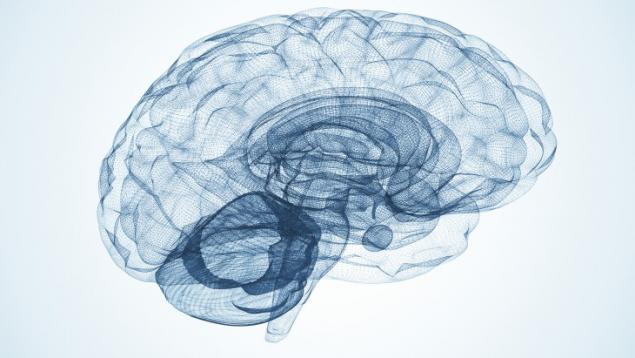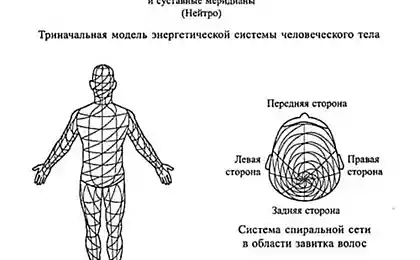Six amazing facts of psychology and how to benefit from them
Pretfella effect. If you're not perfect, people will love you more h3> When we want to make someone the impression you will inevitably make an issue out the best aspects of his personality. It turns out, absolutely nothing: studies show that a demonstration of their vulnerability and weakness, on the contrary, increases the level of empathy to us from other people. The more you have non-critical deficiencies, the better you will be treated people.
The professor, who stands in front of an audience and visibly excited, it seems wiser to students who speak very confidently. Feel free to do stupid things during the first meeting - a proven, although not an obvious way to please their potential partner.

Pygmalion effect. Great expectations increase productivity h3> The psychologist Robert Rosenthal conducted IQ-tests in schools, then teachers reported false results of the research. Those children whose IQ was higher than the others, allegedly showed the "average" results. And those who really showed average results were presented to teachers as the owners of the best brains. What invariably happened afterwards?
Those students whose teachers felt more intelligent, began to learn better. This is because the expectations of the teachers of these students were higher than the others. The increasing pressure on students forced them to learn better. The conclusions Rosenthal, are not specific to education. "Your expectations create your reality," - he concludes.
In general, if you want to achieve in life for something meaningful, you have to set ourselves unrealistic goals and obviously overestimated its ability to implement them. And it works. In addition, scientists have known that those leaders who require their subordinates unrealistic results due to the team achieve a far greater impact than those who only puts the "real purpose».
The paradox of choice. The more we have the options to choose from, the less we are pleased with the decision h3> Logically, it seems that the more choices we face, the better. Shops with a large assortment we like more small shops. When the proposal on the development of the careers of many, we think we'll make a good choice.
But psychologists Mark Lepper and bus Iyengar proved that it is not. Researchers in the experiment, one group suggested gourmets who have come to the supermarket, choose the free one of the six different kinds of jam, the other - one of the 24. The results showed that 30% of people who were selected from six options were satisfied with their choice. Of those who had to choose one of the gift jar of jam out of 24, there were only satisfied 3%.
The phenomenon has revealed a psychologist Barry Schwartz. To the feeling that everything is going right, you did not leave, he advises artificially limit the number of options
The effect of the witness. The more people around in need of assistance, the less likely that it will help someone h3> This effect has long been well illustrated by the parable of the Good Samaritan. This explains also many tragic events in our history.
If one of the people on the street is in trouble and needs help, then he has a lot more likely to get it if there's one person passes than if there - a crowd of people. If someone cries for help, and nearby there is a huge number of people, each of them chooses to ignore pleas for help, because "help others». If the plea for help will be addressed to a specific person in the deserted street, then the chances that it will respond, at times more. This, incidentally, explains the callousness and coldness of large cities.
If you are in a difficult situation and need help, please contact at once to anyone who can help, and targeted, personally to someone. Simply put, it is best not to scream "Help least someone!", And the "man in the gray coat, save me!».
Spotlight Effect. People whose head is constantly clogged thoughts, do not notice the obvious things h3> The majority of people at this time busy with some serious reflections. When they are in society, but are immersed in their own thoughts, they do not even notice the obvious things, proved by scientists from Cornell University.
In simpler terms, it is quite not care how you look, if you're going to the office or university. Most people simply do not pay attention to your appearance. The focus you find yourself much less than you think. So you can stop worrying about the trappings of life. Do not buy an expensive car or smartphone to "show off" in front of colleagues: You may feel differently, but most of them do not care what you do there own. They are busy with their own problems.
The effect of focus. People overestimate the importance of things and phenomena, which reflect h3>
«Nothing in life is such a big deal as you think." David Kahneman
blockquote> How big is the difference between the daily mood of the person who earns $ 20 thousand. per year, and a person who earns 4,000 USD per month? Almost none. That is, it is there, but it is minimal. Would you be happier if you spend the rest of his life in a house by the sea? Hardly. Strictly speaking, the people of California, where more than 300 sunny days a year, no happier than people in New York or Chicago.
This effect, incidentally, is actively used by marketers. They convince you that the purchase of a product to make you happy. But they are unlikely to keep their promise.
To combat this psychological effect you have to learn one simple axiom: nothing will be as important in a year or even a week, as it seems today
via lifter.com.ua/post/1834

























